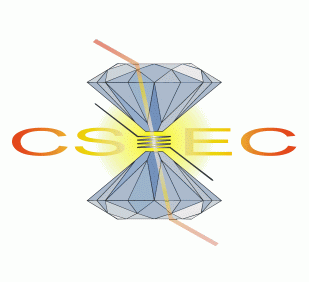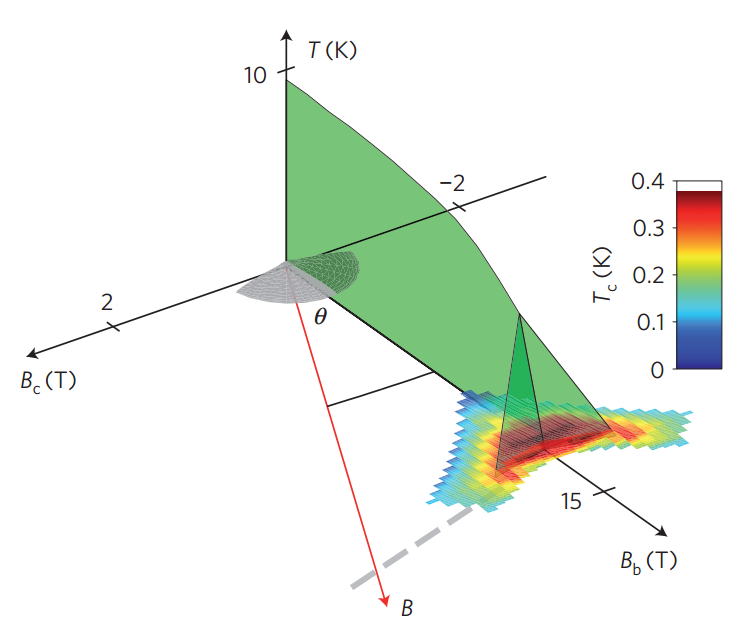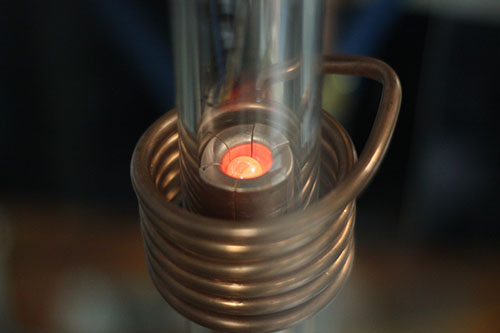We are a research group based at the Universities of Edinburgh and St. Andrews. We work closely with others at the Centre for Science at Extreme Conditions (CSEC) in Edinburgh, including engineers to develop pressure cells, and with experimentalists and theorists at St. Andrews. We also collaborate with many other researchers both nationally and internationally.
We study collective quantum states of electrons. Our aim is to elucidate how and why particular states form and investigate the novel properties they have. The states include forms of superconductivity with much richer internal structure than found in conventional superconductors. We are also actively investigating new materials in which completely new types of quantum ordering may occur. The research is of a fundamental nature yet the understanding gain could in the longer term allow materials to be engineered in which these ordered states survive to higher temperatures where their novel properties could form the basis of applications.
We look for new collective quantum states at low temperatures in materials that we tune to the point where conventional electronic states become unstable, specifically close to zero-temperature continuous phase transitions; points known as quantum critical points. Even at these points new state formation is only expected in very pure and defect free crystals. The benchmark for the level of perfection required is well quantified for non-conventional forms of superconductivity. Such perfect crystals cannot be bought commercially. We are therefore committed to making crystals of carefully chosen materials to the best quality achievable in the world for subsequent study.
Tuning materials to Quantum Critical points where new state formation is anticipated also usually requires working at extreme conditions of high pressure and high magnetic field. We have facilities to measure properties such as magnetisation, heat capacity and quantum oscillations under such conditions down to temperatures as low as 10 mK and in fields up to 17 T. We also carry out neutron scattering and synchrotron radiation studies at central facilities to measure the low energy excitations and magnetic structures that may bring or be a result of new state formation. Recent studies have been conducted in Munich, Grenoble, Paris and at the Rutherford laboratory in Oxfordshire.


.jpg)



